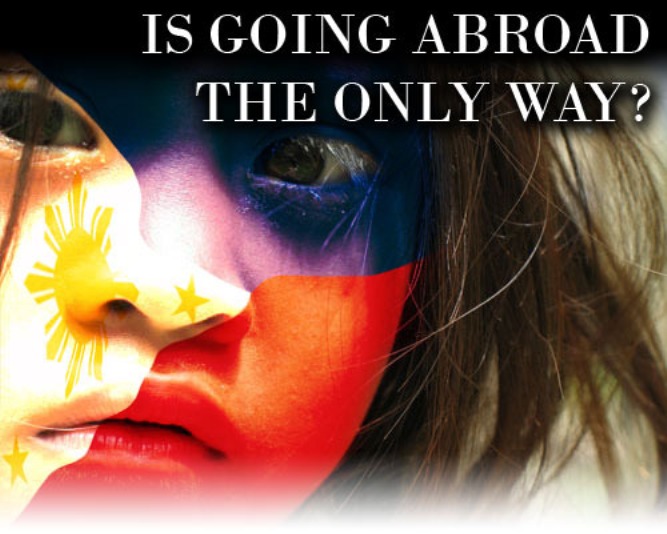Upon elevation to category 1: PAL plans new routes to US, Europe
National flag carrier Philippine Airlines (PAL), a joint venture between taipan Lucio Tan and diversified conglomerate San Miguel Corp. (SMC), is looking at flying at major cities in the US and European countries once the ban on the domestic airline is lifted by the US Federal Aviation Authority (FAA).
PAL president and chief operating officer Ramon S. Ang told reporters on the sidelines of the Manila-Toronto send-off ceremony at the Ninoy Aquino International Airport 2 that the airline is patiently awaiting the lifting of the Category 2 status imposed by the FAA on the Civil Aviation Authority of the Philippines (CAAP).
"If Category 2 is lifted by FAA, we hope to fly to New York of course as well as major cities in Europe like London, Paris, and Rome. But we still have to patiently wait for the lifting of Category 2," Ang stressed.
The US FAA in 2008 slapped the Category 2 status on Manila due to failure to comply with safety issued preventing Philippine carriers led by PAL from expanding or mounting more flights to the US.
PAL is in talks with Cayman Airways and the government of Cayman Islands for possible joint venture arrangements to skirt the ban on domestic airlines and service the lucrative US routes.
Ang earlier confirmed ongoing talks with Cayman Airways and the Cayman Islands government.
Cayman Airways was established and started operations in 1968. It was formed following the Cayman Government's purchase of 51 percent of Cayman Brac Airways from LACSA (the Costa Rican flag carrier) and became wholly government owned in December 1977.
After 15 years, the Philippines is again linked with the North American East Coast with the launch of direct Manila-Toronto flights by PAL last Nov. 30, benefitting more than 200,000 Filipinos living in greater Toronto who plan to spend the coming Christmas holidays.
The flights from Toronto every Wednesday, Friday and Sunday would arrive in Manila before six in the morning with enough time connecting to 32 domestic and 26 international destinations.
From Manila, passengers can connect to any of PAL's five daily flights to Hong Kong, thrice daily to Singapore, twice a day to Bangkok and Seoul, once a day to Ho Chi Minh, twice a week to Bali, and many more regional routes.
Starting Jan. 16, PAL said the Toronto flights would increase to four times a week with stop-overs at Vancouver. On March 10, the service would become daily, with the addition of three non-stop flights every week.
PAL is utilizing its new, long-range Boeing 777-300ER, which seats 42 in Mabuhay Class (business) and 328 in Fiesta Class (economy), on the 15-hour, non-stop flight to Toronto.
The luxurious wide-body jet is especially designed for such inter-continental journeys. Its two GE 90-115BL engines - the largest and most powerful ever built - can readily cover the 13,230 kilometers between the two cities non-stop.
The new service kicks off the peak Christmas travel season, one of the busiest periods in the Philippine travel calendar.
The Ontario capital would be PAL's first foray to the East Coast of North America in 15 years. Toronto is now PAL's 27th international destination and 46th overall.
PAL is in the midst of a massive refleeting program where it intends to acquire 100 new aircraft. It has purchased 65 Airbus aircraft in two separate contracts valued close to $10 billion.
Ang said the airline is still in talks with Airbus and Boeing for the acquisition of the remaining 35 aircraft. (http://is.gd/FIM3uA)
philSTAR











